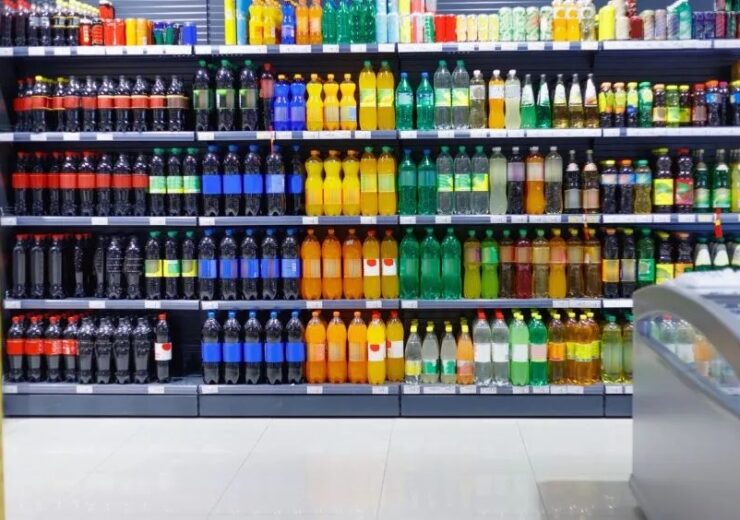The two-year project is supported by Interface Scotland and is backed by funding from Innovate UK, a government agency that supports organisations

EnviroPET is developing new liquid additives, PET-Yield. (Credit: Heriot-Watt University)
EnviroPET has partnered with scientists from Heriot-Watt University and University of Strathclyde to develop new additives that enhance the recycled content of plastic bottles.
Supported by Interface Scotland, the two-year project is being backed by funding from Innovate UK, a government agency that supports organisations making new products and services.
EnviroPET is developing liquid additives, dubbed PET-Yield, which can be added during manufacturing to enhance the recycled PET material in new PET bottles.
The technology enables the production of recycled PET bottles without compromising on properties compared to virgin PET bottles.
EnviroPET managing director Douglas Craig said: “Our technology will help manufacturers comply with recycling targets and legislation and improve their bottle quality and environmental performance.
“It could potentially save firms millions by reducing the amount of raw material needed for new bottles, as well as the energy resource required for their manufacture.
“All of the major PET bottle manufacturers have outlets in the UK, which means we have a gateway to a global market.”
Led by professor David Bucknall, the team will work to determine how the PET-Yield additives affect PET bottles containing recycled material, under laboratory conditions.
The new additives and processes are expected to help manufacturers meet the UK and EU requirements for new PET bottles to have a minimum of 30% recycled PET, from 2030.
Craig added: “We want to solve the problems faced by using more recycled PET content in plastic bottles, which currently results in significantly poorer-quality bottles in terms of their mechanical properties and appearance.
“We’ll be testing how the additive improves the performance of recycled PET blends in a number of critical properties that directly affect the PET bottle behaviour. We will measure gas permeability through the plastic, which has a direct impact on the product shelf-life.
“To have a long shelf-life the plastic must prevent oxygen permeating into the bottle and affecting its content, but also stop CO2 escaping so that carbonated drinks don’t go ‘flat’.”
